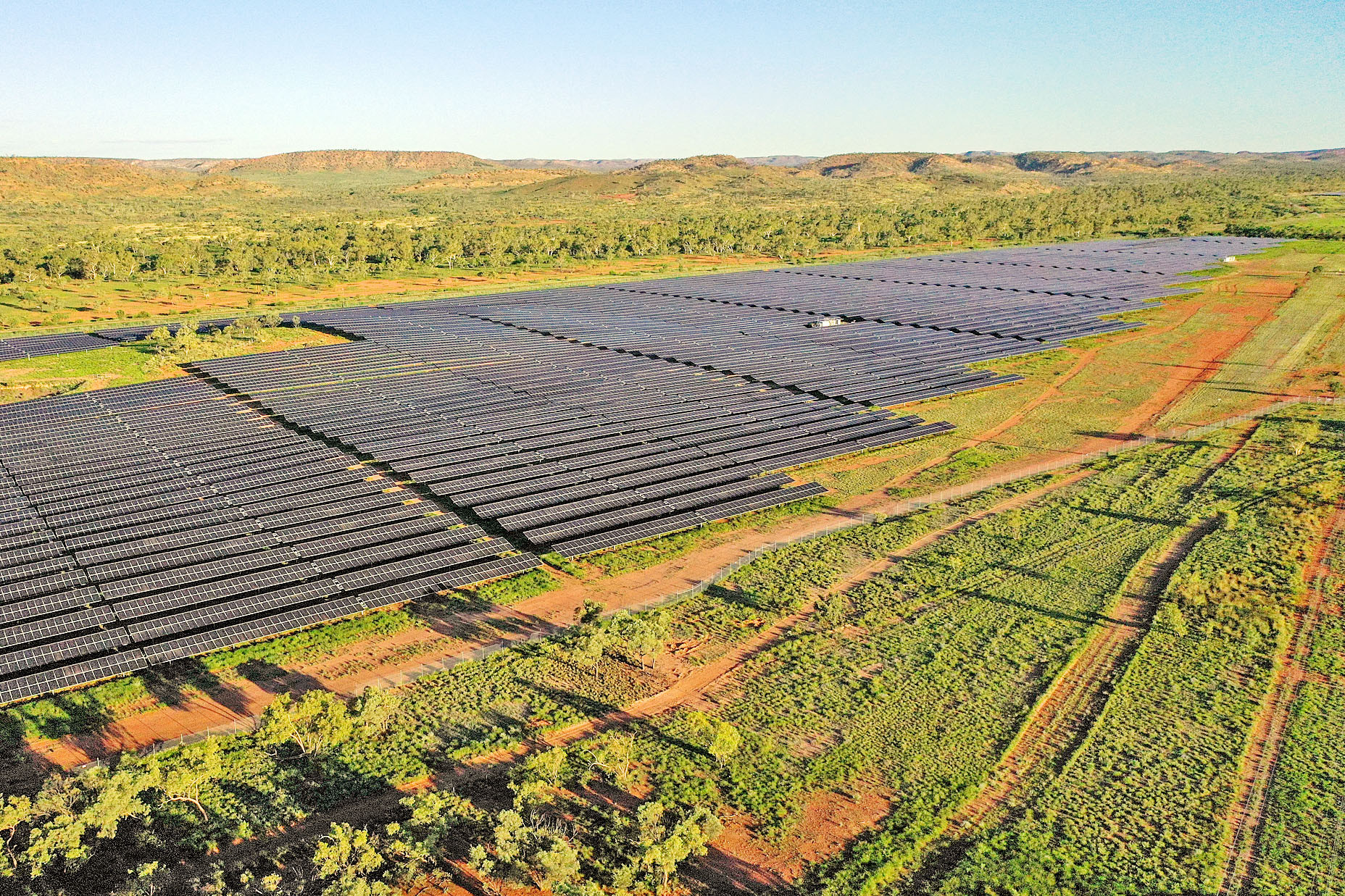Business
2 July, 2025
Homegrown apprentices 'a must' for new projects
There's no point building massive projects in the bush without upskilling the local workforce.

Energy Skills Queensland is spruiking a proposal that would make homegrown apprenticeships a focus of all renewable project development.
The state government’s not-for-profit organisation says it would be a win-win situation for project proponents and impacted communities.
It would provide training and career options for young people in rural towns, while also creating a locally-based workforce that would reduce big industry’s reliance on fly-in, fly-out tradies.
Under the proposal, which has received early interest from some North West mayors, major renewable proponents would directly employ locally-based apprentices who would be trained and supervised by frontline subcontractors during the building phase of the project.
These additional apprentices would be employed as an addition to any construction crew required.
However, once construction was completed, which can generally take several years, and the project moved into an operational and maintenance phase, there would be a ready-made local workforce of newly qualified tradespeople already employed by the proponent to oversee the next steps.
The proposal aligns with recent changes to state government legislation, which requires all solar and wind projects to negotiate clear community benefit outcomes before gaining final construction approvals.
Energy Skills Queensland industry workforce advisor Glenn English said the concept came about following repeated industry concerns over the struggle to find tradespeople willing to relocate to rural and remote communities to take up permanent maintenance positions.
“During construction, these project operators don’t face a major problem with getting a workforce, which are usually fly-in, fly-out or drive-in, drive-out – and the workforce is there for the duration of the construction phase,” he explained.
“But once construction is complete and the company moves onto the operation and maintenance phase, local workers are not there to work on the project.
“The subcontractors who worked on the construction have left the region and moved onto the next major project.
“When the project operator is saying they need, for example, 10 electricians and 10 fitters to maintain and operate this facility, they struggle to attract a local workforce because the local electricians and fitters are usually running their own business and not able to work on this site.
“When tradespeople relocate to rural communities from the city they also don’t always stay in their jobs because of the culture shock of moving to a place that is very different – their wife might not like the town or their kids don’t like the lifestyle and so they leave.
“But training young people who are from the town makes sense because they are more likely to set down permanent roots in a place that they are already familiar with.”
Mr English said Energy Skills Queensland was currently in discussions with industry stakeholders about finding a suitable pilot project for the proposal.